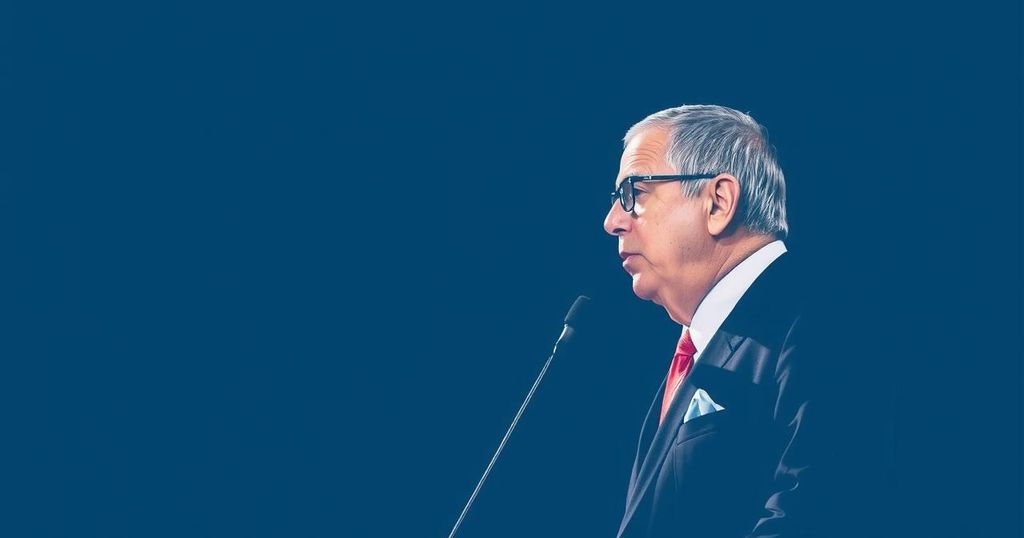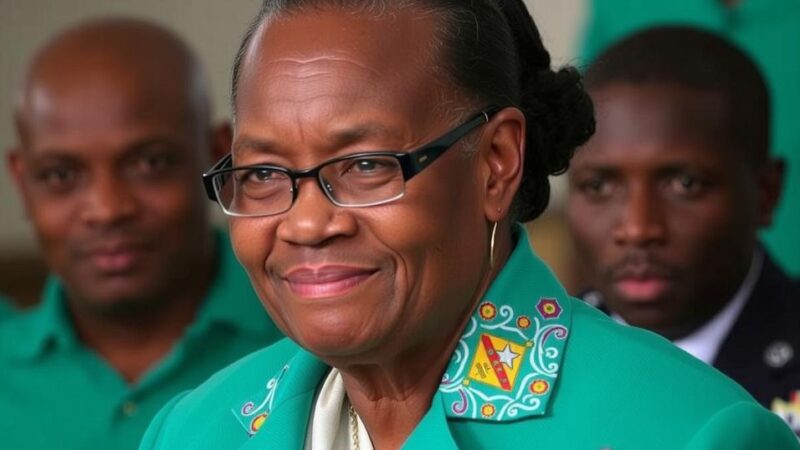Rev. John Bressler reflects on the unexpected results of the recent election, highlighting the shift in voter priorities towards economic stability and strong leadership. He draws parallels to historical political trends during crises while emphasizing the importance of faith and resilience in democracy.
The recent election results took many by surprise, as expressed by Rev. John Bressler. Upon witnessing an overwhelmingly red electoral map on November 6th, he questioned the accuracy of predictions made by pollsters and political analysts. He noted that while his family had mixed feelings about the winner, they ultimately prioritized practical concerns such as economic stability and immigration over personal preferences. Bressler draws historical parallels to the socio-economic turmoil of the Great Depression, suggesting that such conditions foster retrogressive political sentiments. Though he clarifies that he does not equate the incoming president with authoritarian leaders of the past, he acknowledges a calls for strong leadership that diverges from traditional political norms. This demonstrates a desire among voters for effective governance, even at the expense of certain democratic ideals. As Bressler articulates, there remains faith in the democratic process and the rule of law, despite some dissatisfaction with judicial decisions and perceptions of a potential oligarchic influence over governance. He emphasizes the importance of turning to faith for guidance in navigating future challenges, asserting that the resilience of the nation will ultimately prevail. In his view, America must reexamine its history and rely on divine providence for the answers it seeks.
The discourse surrounding the election reflects a deep sense of disillusionment among voters who feel that traditional political analysis has failed to represent their views accurately. Rev. John Bressler explores the post-election landscape, where emotional attachments to candidates give way to pragmatic considerations tied to economic and immigration policies. His comments reveal a broader trend where many citizens prioritize effectiveness and strong leadership over the political conduct and ethical standards of their leaders. Historically, times of economic distress have precipitated shifts toward more authoritarian political systems, prompting a complex dialogue about governance and democratic practices in contemporary society.
In conclusion, Rev. John Bressler’s reflections highlight the surprising nature of the recent election results, emphasizing a significant shift in voter priorities towards economic effectiveness and strong leadership. While acknowledging historical trends that may shape modern governance, he ultimately asserts the necessity of faith and democratic resilience in navigating the complexities ahead. Thus, it becomes imperative to learn from the past while seeking divine guidance for the future of the nation.
Original Source: www.statesboroherald.com







